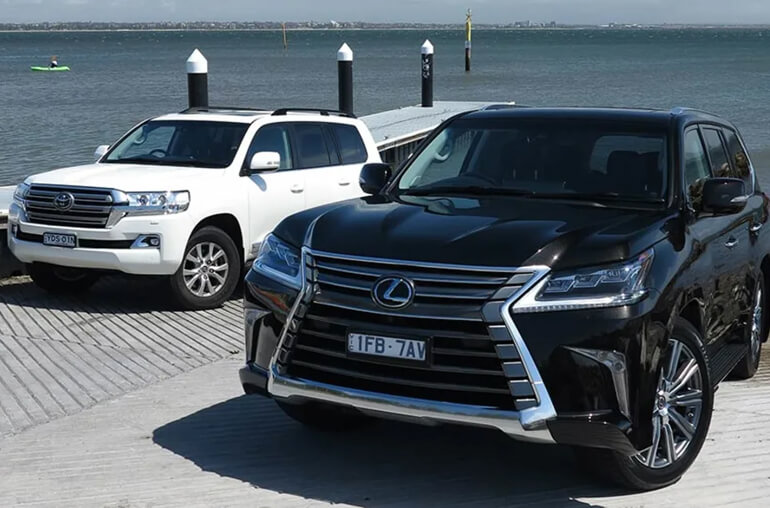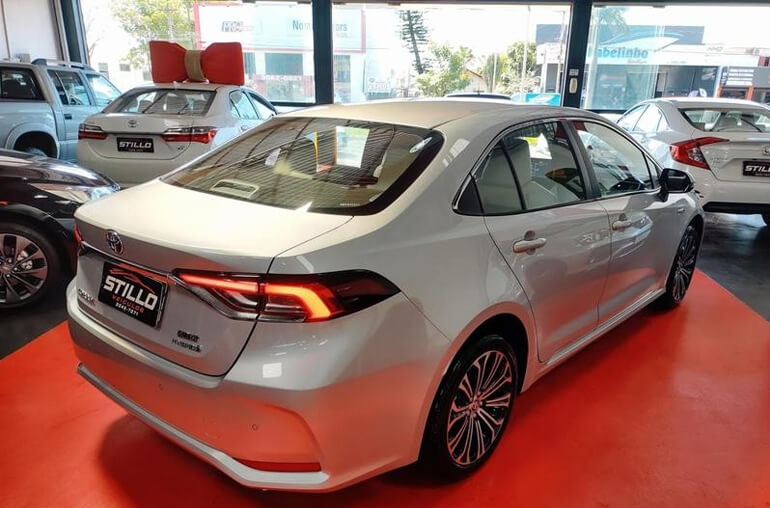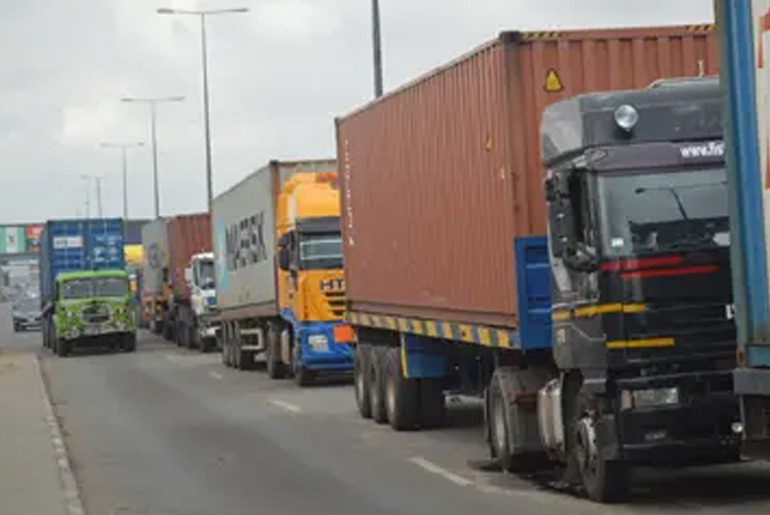The truth is that the size of a car determines how you handle it on the road. Also, the type of road you are driving on determines how you handle cars based on their sizes and ride height. If you have call-handling issues, then you probably are not doing something right.
Table of Contents
This is probably one of the most ignored aspects of safe driving in Nigeria and even all over the world. In this article, we reveal some helpful tips to help you learn the best driving behaviours for different car types in Nigeria.
The size of a car determines how you handle and drive a car. So, before looking at the best driving behaviours, here are some of the different sizes of a car.
Different Sizes of Cars You’ll Find on the Road
The size classification of automobiles ranges from Class 1 to 13. The sizes of cars vary according to the purpose for which the automobile is built.
The classification of vehicle sizes is divided into 6 major categories. Each category shows how they are meant to be handled and driven on two types of roads; smooth roads (normal condition) and bad roads (abnormal condition)
Category 1: Regular Cars
Regular cars in this case would be cars that have a regular ride height whether 2 or 4 doors. A regular car is any car that is a Sedan, Coupe, Crossover SUV, Sports car, Hatchbacks, Sportbacks, Station wagon and Compact car.
Driving Behaviour On Smooth Road
Cars can be driven with ease at any speed below 120km/hr as long as the road is smooth but you must slow down up to 50km/hr when you are driving around a bend except it is a sports car that is built for taking on corners at speeds up to 100 km/hr.
To be safe really, do not enter corners at speeds greater than 50 km/hr. When you are driving regular cars at speeds over 120km/hr, there is a probability that the car will start bouncing off the road especially when the road is not evenly flat which is the case for most express roads in Nigeria. Also, when you are speeding in regular cars it is best to reduce your speed when you want to swap lanes. Only sports and performance cars can take sharp turns at high speeds and it is also very unsafe for other road users.
Driving On Rough Roads
Regular cars should not be moving at speeds more than 25km/hr on rough roads because their suspension is not built for off-road driving.
The suspension of these cars cannot handle the feedback from rough roads so they make the driver and passengers uncomfortable and it can also make the car easily bounce off the road and tumble.
Category 2: SUVs and Light Trucks

SUVs, meaning Sport Utility Vehicles are vehicles designed to have the space and size of a Pickup truck but can carry passengers normally and are very comforting to passengers while light trucks are pick-up trucks with space for passengers and a flatbed for luggage behind.
Driving On Smooth Roads
Almost every Nigerian Government convoy has Toyota Prados, Land Cruisers and Hiluxes, and they do not go beyond 100km/hr even though it seems like they are always driving fast. You know speed is relative? That moment you are waiting for them to pass it seems like they are speeding at over 200km/hr because you are not moving.
SUVs and Light Trucks are built as body-on-frame which means they shouldn’t be driven at high speeds on smooth roads because they can easily get unstable and rollover. Cars would easily make them roll over on a curved road. Do not ever enter a corner speeding while driving an SUV…never.
Driving On Rough Roads
On rough roads, SUVs and Light Trucks can be driven faster than regular cars because they have longer suspensions and a bigger wheelbase which is for the sole purpose of going off-road.
When handling these bigger cars on rough roads you just have to control your speed according to the roughness of the road.
Category 3: Long Vehicles and Vans
Long Vehicles and Vans include buses, vans, trailers and heavy-duty trucks like petrol tankers.
Driving On Smooth Roads
When driving heavy trucks and vans, because they are long and heavy it is best to move really slow. You must never forget that you are driving a long vehicle when you want to make any turn or switch lanes. You just don’t switch lanes, you make sure road users know what you are about to do and you have to do it slowly.
That is why most of these heavy trucks have a navigator that helps flag down oncoming vehicles when it is time to switch lanes. Also, when turning in heavy trucks and vans, you must come to a complete halt before making any major turn and in corners, you must always drive below 20 km/hr to avoid any accident.
Driving On Rough Roads
You have to apply the same principles from the smooth road on rough roads for vans and heavy trucks. You just have to go slow and turn after you get to a complete stop. Also, heavy trucks are hard to stop when moving fast which is another reason why you have to drive slowly.
Category 4: Bodyless Vehicles
Bodyless vehicles are the type of vehicles that are very small and expose the driver/rider’s body. A good example is a motorcycle or a tricycle.
Driving on Smooth and Rough Roads
On smooth or rough roads, you have to just drive while being very vigilant because your body is exposed and they are really lightweight. Even though some motorcycles have a lot of power and move fast, they are still exposed.
Your body is the body of your motorcycle. You have to program your brain to just be more in control because one collision/hit would send you straight off the road.
Conclusion
Knowing the various categories of cars and the best driving behaviours for them will help you know how to drive them better. They all have a driving behaviour that suits them and abiding by them not only helps your vehicle last longer but also keeps you safe.
Have 1 million naira and above to Buy or Sell Cars In Nigeria? Check carlots.ng
All rights reserved. Reproduction, publication, broadcasting, rewriting, or redistribution of this material and other digital content on carmart.ng is strictly prohibited without prior express written permission from Carmart Nigeria - Contact: [email protected]







